Early Childhood Development
Learning development starts long before a child begins kindergarten. A child’s development is strengthened through regular interaction and stimulation in both the home and in quality early learning settings.
Here are five things to know about child care and childhood development:
- The brain is most flexible and adaptable to learning during the earliest years of life. More than 1 million new neural connections are formed every second in the first few years of life.
- Children are already rehearsing how to produce language at 7 months old.
- When a child enters kindergarten ready for school, there is an 82% chance they will master basic skills by age 11, compared with a 45% chance for children who are not school ready.
- High-quality early childhood education has a long-term effect on children’s cognitive and socioemotional development through kindergarten and beyond. It’s also shown to help children improve attentiveness, regulate their emotions, and develop social connections.
- Attending preschool is shown to reduce the likelihood that a child repeats a grade by 15%.
Learn more:
Posts
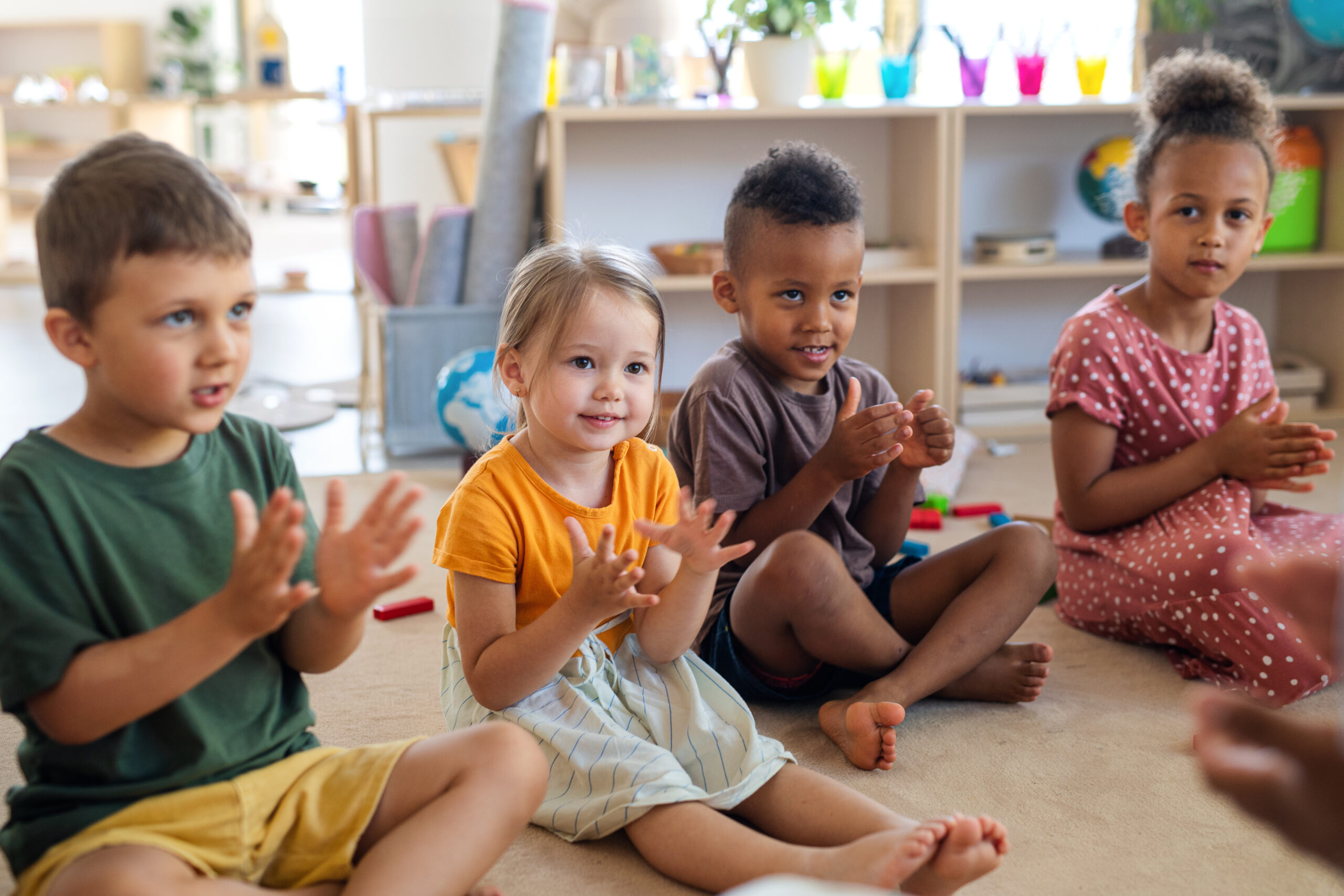
Resource
June 23, 2025
The Preschool Development Grant Birth through Five (PDG B-5) program is a competitive federal grant program that plays an essential role in ensuring state child care and early learning systems …
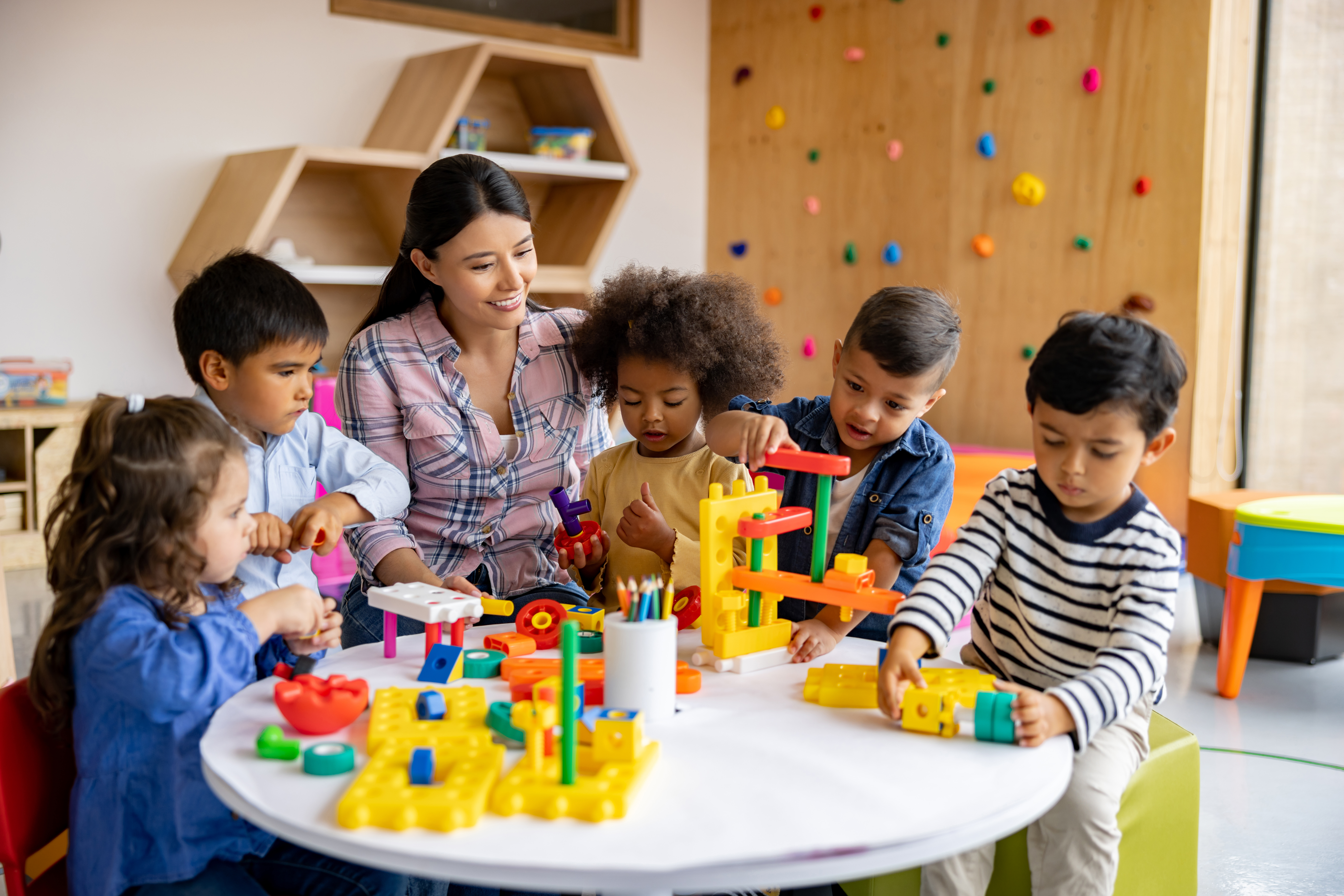
Resource
May 20, 2025
Head Start is a federally funded program that delivers comprehensive early learning, health, nutrition, and family support services to children ages 3 through 5 experiencing poverty and their families. More …
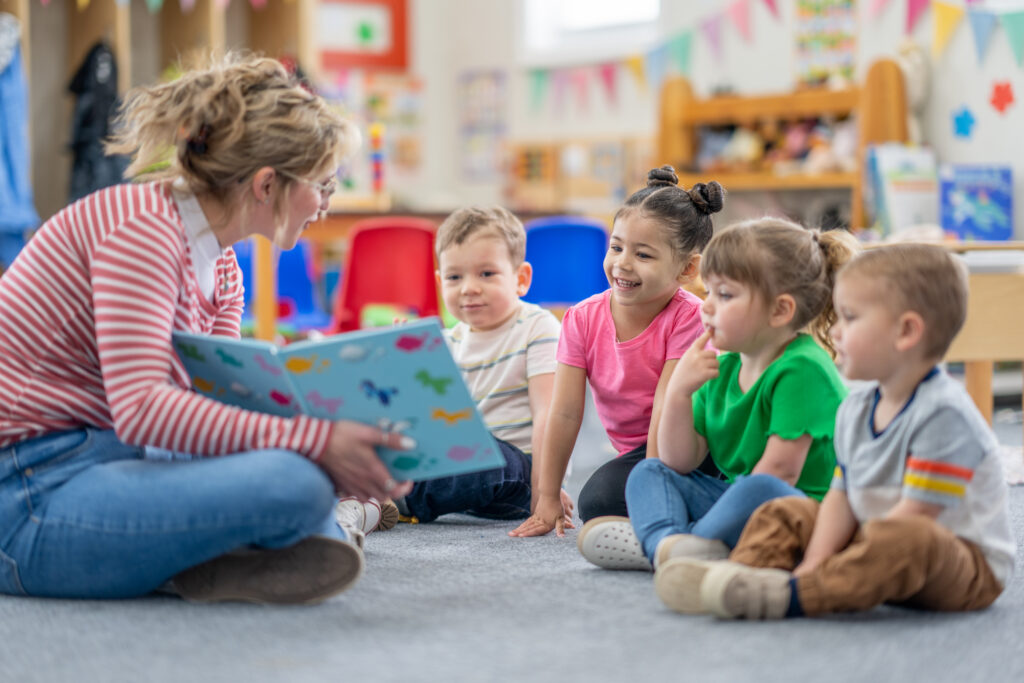
Resource
May 9, 2025
Head Start has been making a difference in the lives of children and families for more than 60 years. Since its beginning, the program has reached more than 40 million …
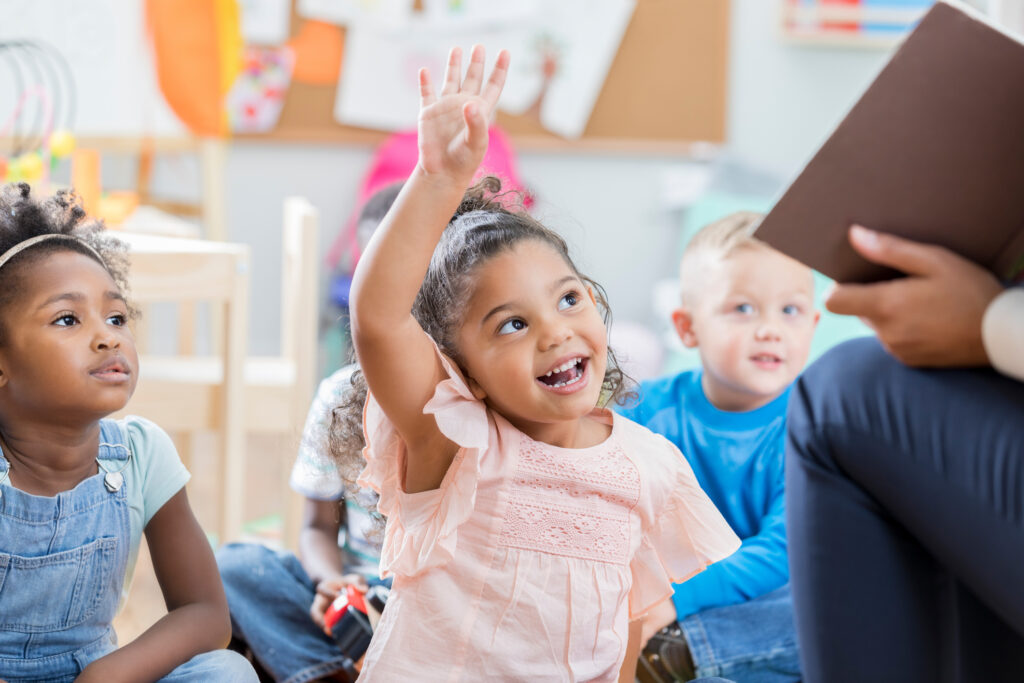
News
August 22, 2024
The Office of Head Start (OHS) published the final rule on August 21st, titled Supporting the Head Start Workforce and Consistent Quality Programming, updating the Head Start Program Performance Standards. …
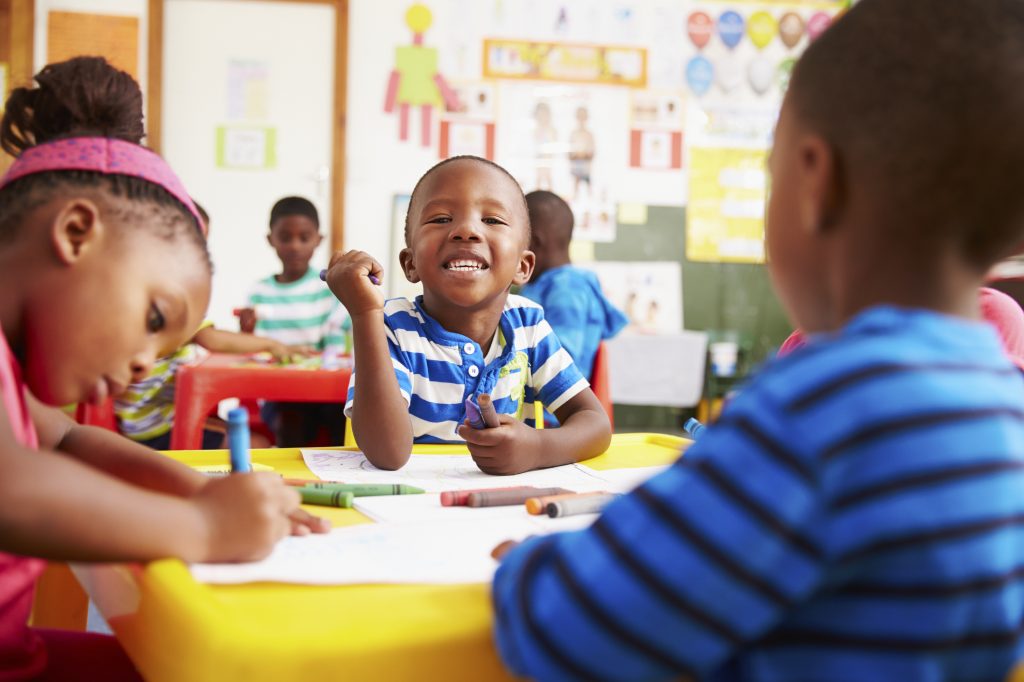
News
May 7, 2024
Last week, the U.S. Department of Education (ED) announced two new grant opportunities that include invitational priorities to support transitions to kindergarten: The Teacher Quality Partnership (TQP) and The Comprehensive …
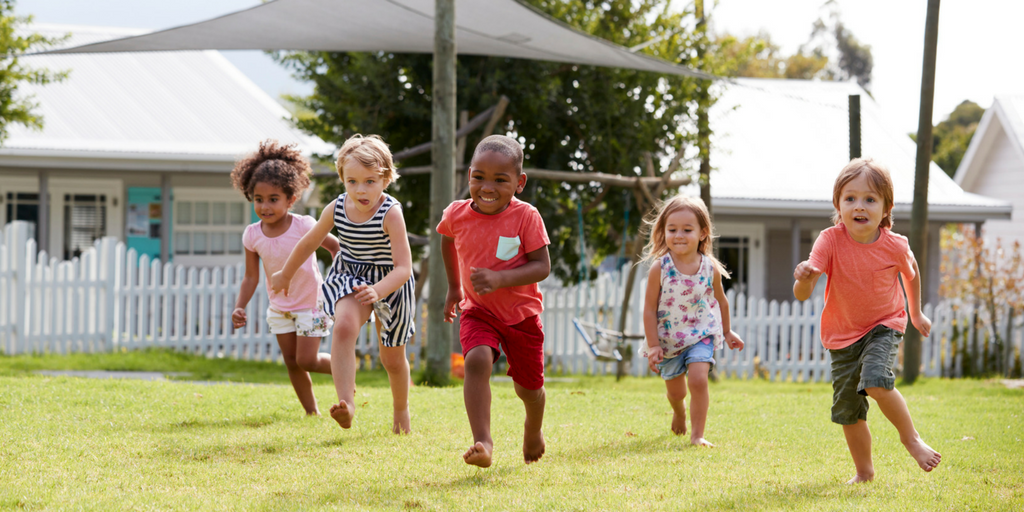
Resource
May 2, 2024
The National Institute for Early Education Research (NIEER) recently released the 2023 State of the Preschool Yearbook, their annual report detailing state preschool policies. This edition provides comprehensive data on …

Resource
April 23, 2024
The Maternal, Infant, and Early Childhood Home Visiting (MIECHV) program provides federal funds to states, territories, and tribal entities for voluntary, evidence-based home visiting services.
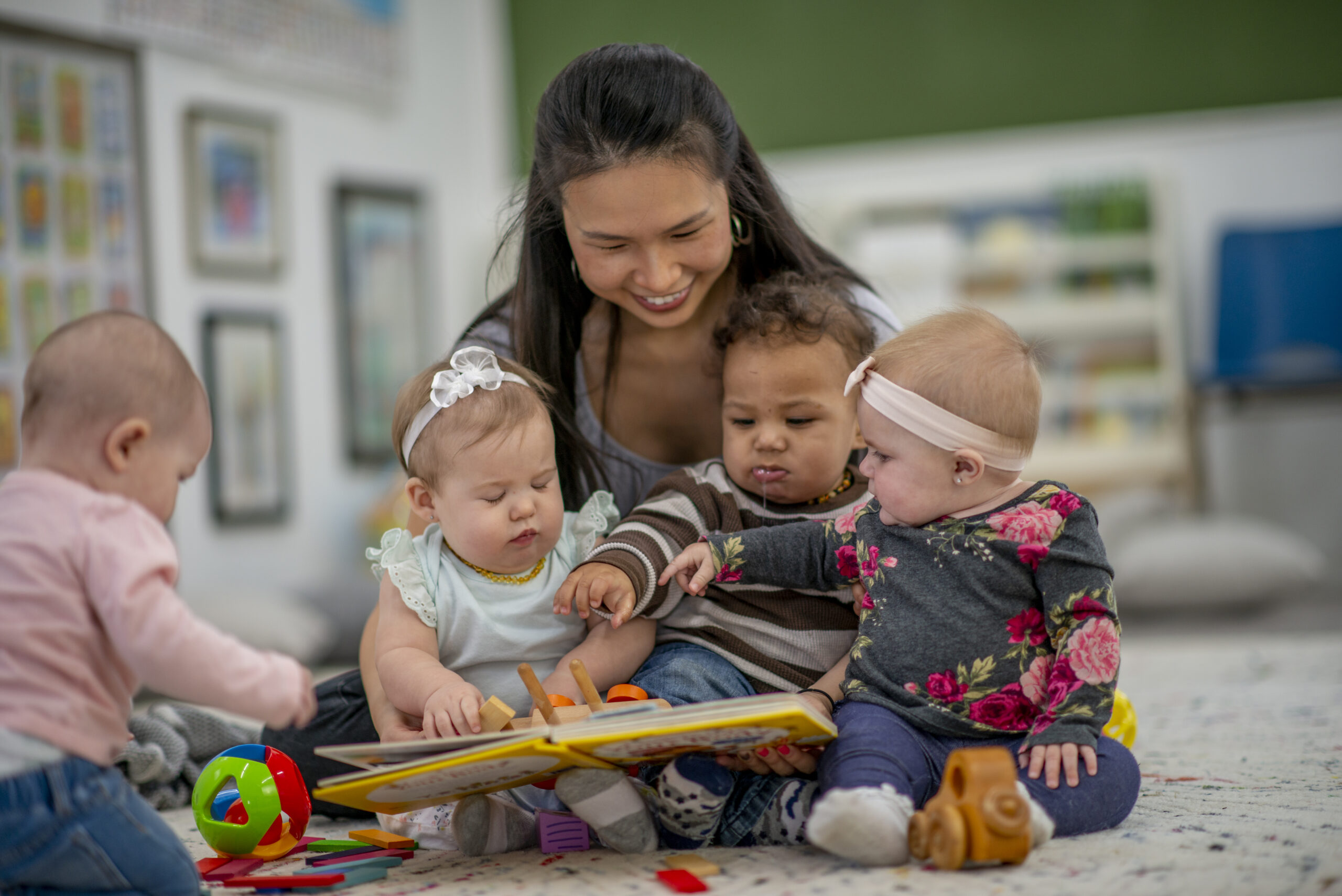
Resource
April 23, 2024
Early Head Start–Child Care Partnerships (EHS-CCP) build on the existing strengths of Early Head Start and Child Care and Development Fund (CCDF) subsidies, which allow low-income families to access high-quality child care.
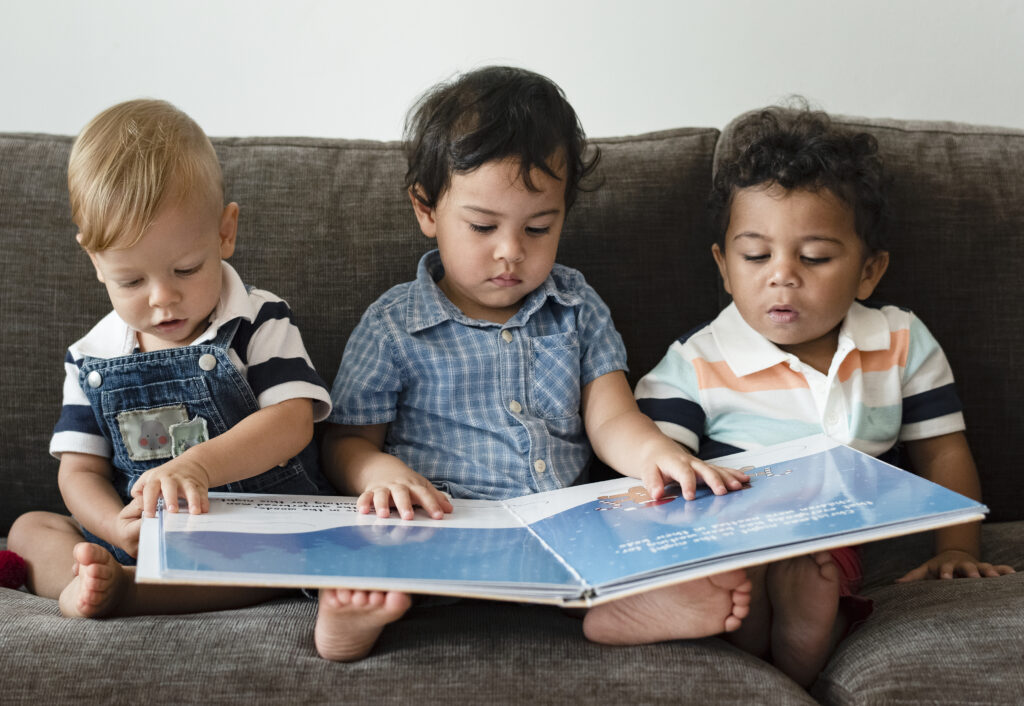
Resource
November 3, 2023
The first three years of children’s lives are a critical period for their development. State policy choices that impact young children and their families during pregnancy and these early years …
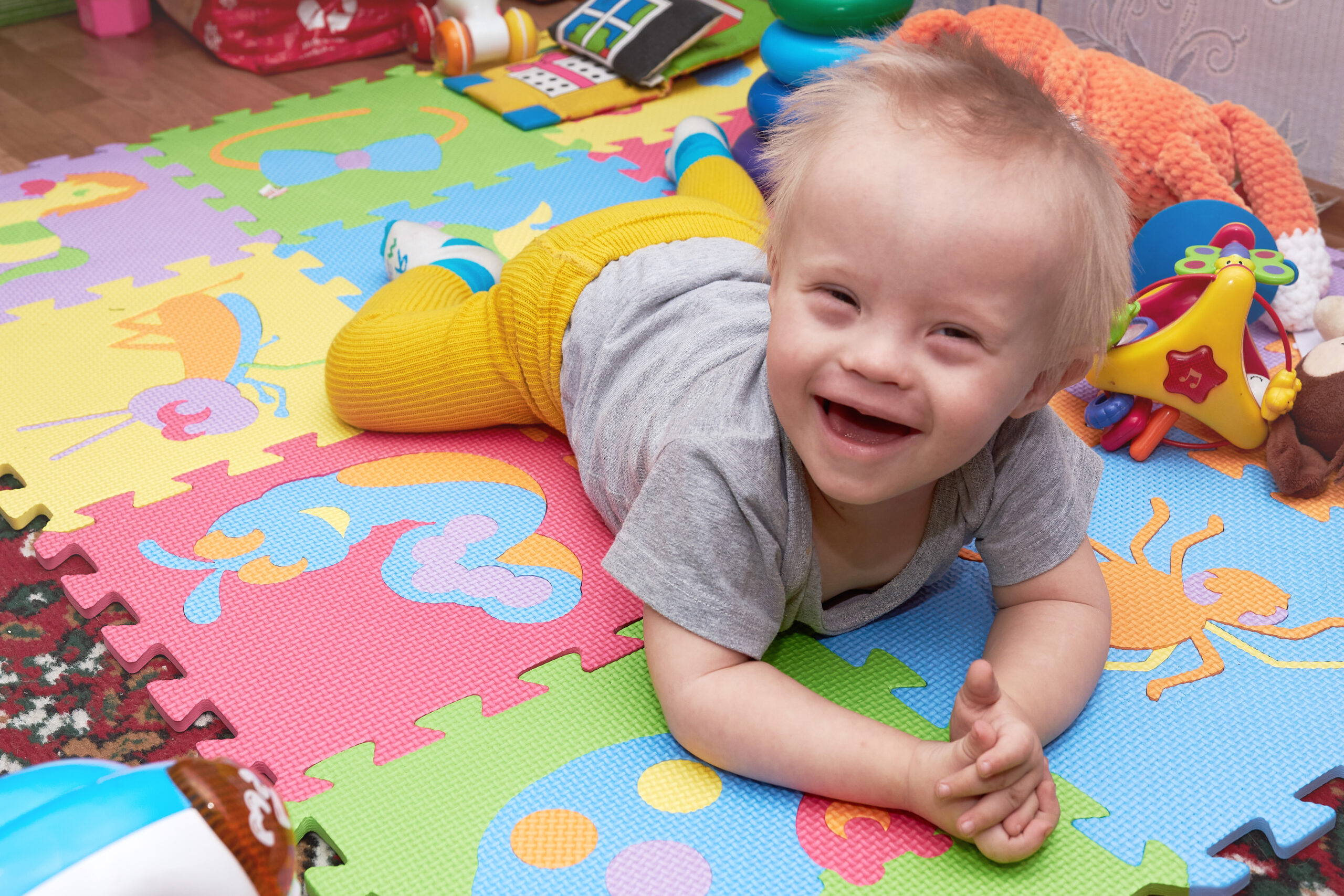
Resource
October 27, 2023
The report identified various challenges, including varying eligibility criteria, staffing shortages, and limited data collection, and concluded with several recommendations for Congress. The first few years of life are critical …
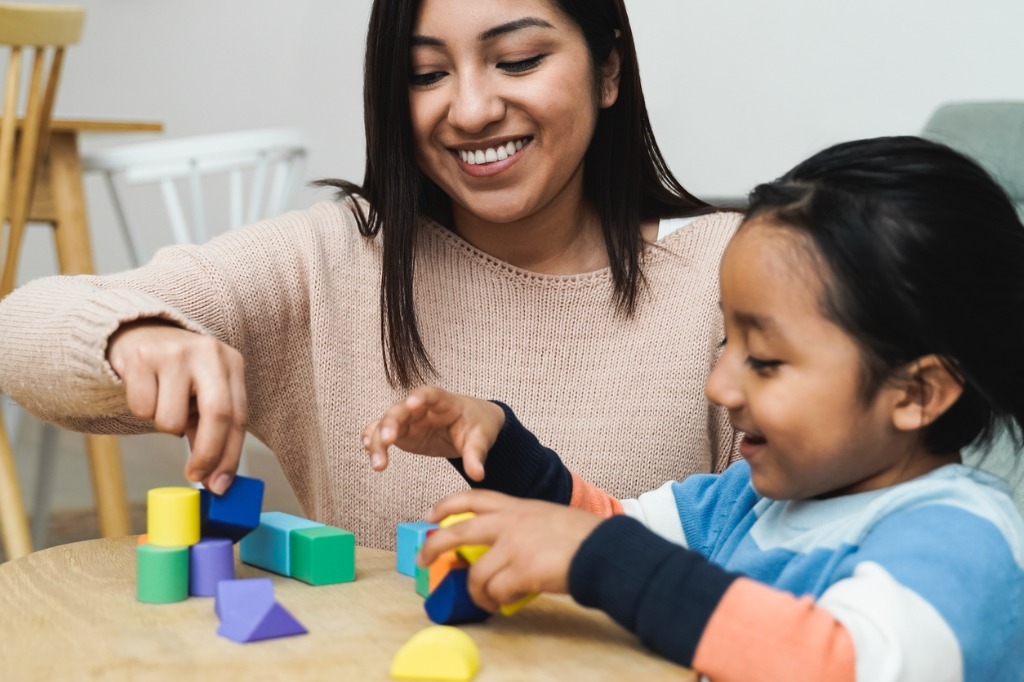
Resource
October 13, 2023
As FFYF commemorates Hispanic Heritage Month, we take a moment to reflect on the remarkable contributions of Latinx communities across the United States. In recognizing and celebrating our nation’s Latinx …
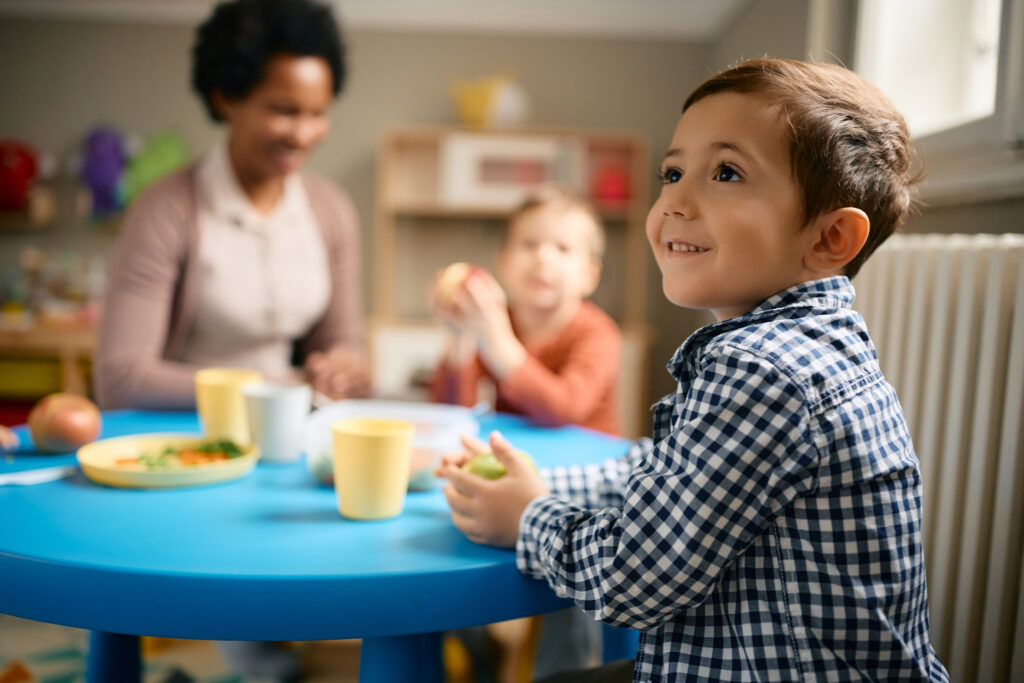
News
October 6, 2023
Earlier this month, Representatives Greg Landsman (D-OH) and Suzanne Bonamici (D-OR) introduced H.R. 5569, The Child Care Nutrition Enhancement Act. The bill makes important updates to the Child and Adult …











